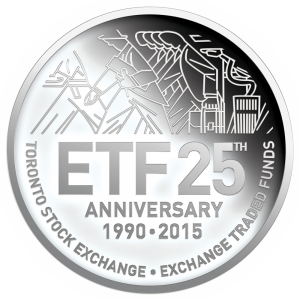 Inner Circle members often ask us about themed ETF investing strategies, and most of the time, we tell them we do not recommend investing in themes.
Inner Circle members often ask us about themed ETF investing strategies, and most of the time, we tell them we do not recommend investing in themes.
For example, some ETFs out there are based on the so-called “Dogs of the Dow” stocks. Essentially, the “Dogs of the Dow” ETF is based on a collection of the lowest-priced, highest dividend yielding stocks that trade on the Dow Jones Industrial Average and are updated yearly.
Rising interest rates will work against Dogs of the Dow ETF investing approach
The ALPS Sector Dividend Dogs ETF (symbol SDOG on New York; www. alpssectordividenddogs.com), is an example of an ETF that applies the “Dogs of the Dow” theory on a sector-by-sector basis using the stocks in the S&P 500.
As we mentioned above, the Dogs of the Dow approach involves buying the lowest-priced, highest-yielding stocks in the Dow Jones Industrial Average. At the end of each year, you pick the 10 stocks from the 30-stock Dow with the highest dividend yields. You then invest an equal dollar amount in each, hold them for one year and repeat these steps annually.
The ALPS Sector Dividend Dogs ETF picks five stocks from each of the 10 sectors as defined by the S&P 500 index—consumer discretionary, consumer staples, energy, financials, healthcare, industrials, information technology, materials, telecommunication services and utilities. The ETF picks the stocks with the highest dividend yields. Each holding is then equally weighted so that every company has a similar influence on the ETF’s total return. The end result is a portfolio of 50 large-cap stocks.
The Dogs of the Dow strategy worked well in the 1990s because interest rates were going down. This tended to raise all stock prices. But high-yielding stocks were affected more than most, because they attracted former bond investors who were switching into stocks.
Interest rates are now likely to remain steady, or they could creep upward. So we see little appeal in a Dogs of the Dow approach.
For that matter, we see little appeal in following any formulaic approach to investing. The one basic rule about things like this is that if it sounds too good to be true, then it isn’t true.
The ALPS Sector Dividend Dogs ETF holds a number of stocks we recommend in Wall Street Stock Forecaster (including McDonald’s, Kraft Foods Group, Wells Fargo & Co., Baxter International, Pfizer, General Electric and Intel). It also holds a lot of stocks we don’t recommend. But, more to the point, we don’t recommend using a Dogs of the Dow approach to picking stocks or ETF investing.
There is no “philosopher’s stone”





